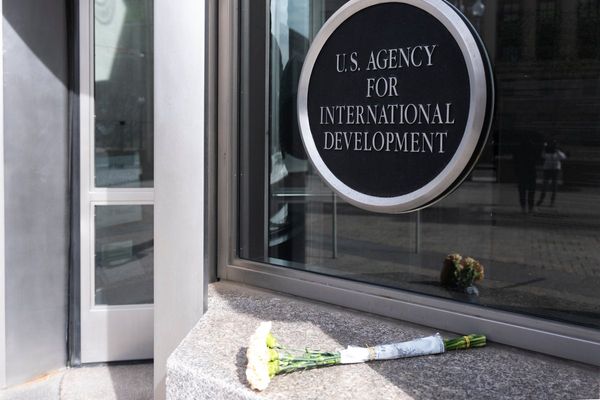Chiefs are to stop providing Tameside residents with free caddy liners for green waste within days.
Tameside council has provided compostable caddy liners for free since launching food waste recycling in the borough to encourage households to stop putting leftovers in with their normal rubbish collections.
However the authority says there is both a financial and environmental cost of providing these bags, and it is ‘not a net-zero waste practice’.
These type of bags are now an ‘unaffordable luxury in the current financial climate’, leaders say.
Try MEN Premium for FREE by clicking here for no ads, fun puzzles and brilliant new features.
On Wednesday the executive cabinet agreed to cease providing caddy liners from the end of June, which will save the council £169k.
Scrapping that service was included in the budget plans for this financial year as part of more than £15m in agreed cuts and savings.
Leaders say it’s ‘absolutely fine’ to place food waste directly into your brown bin, and actually helps improve composting of green waste.
Any residual stock of caddy liners will be made available for residents from local libraries until it runs out. People can still buy such bags directly from shops and they are still accepted within brown waste recycling.
However residents are asked to not to use newspaper or non-compostable bags such as carrier bags to wrap their food waste as these are classed as contamination and would lead to entire wagon loads being rejected for recycling.
Executive member for environmental services, Councillor Denise Ward said the caddy liners are ‘not absolutely essential’ to continue recycling food waste.
“The greener option – and our preference – is for people to simply put their food waste directly into their caddies and brown bins without using liners, as many people already do,” she added.
“While we realise some people may be disappointed with this decision and may find it inconvenient, I’m confident people will quickly adapt to recycling without caddy liners.
“We need residents to work with us to help us to reduce waste and look after the environment as well as achieve savings so we can continue to run services that matter most to people within our limited budget.”







